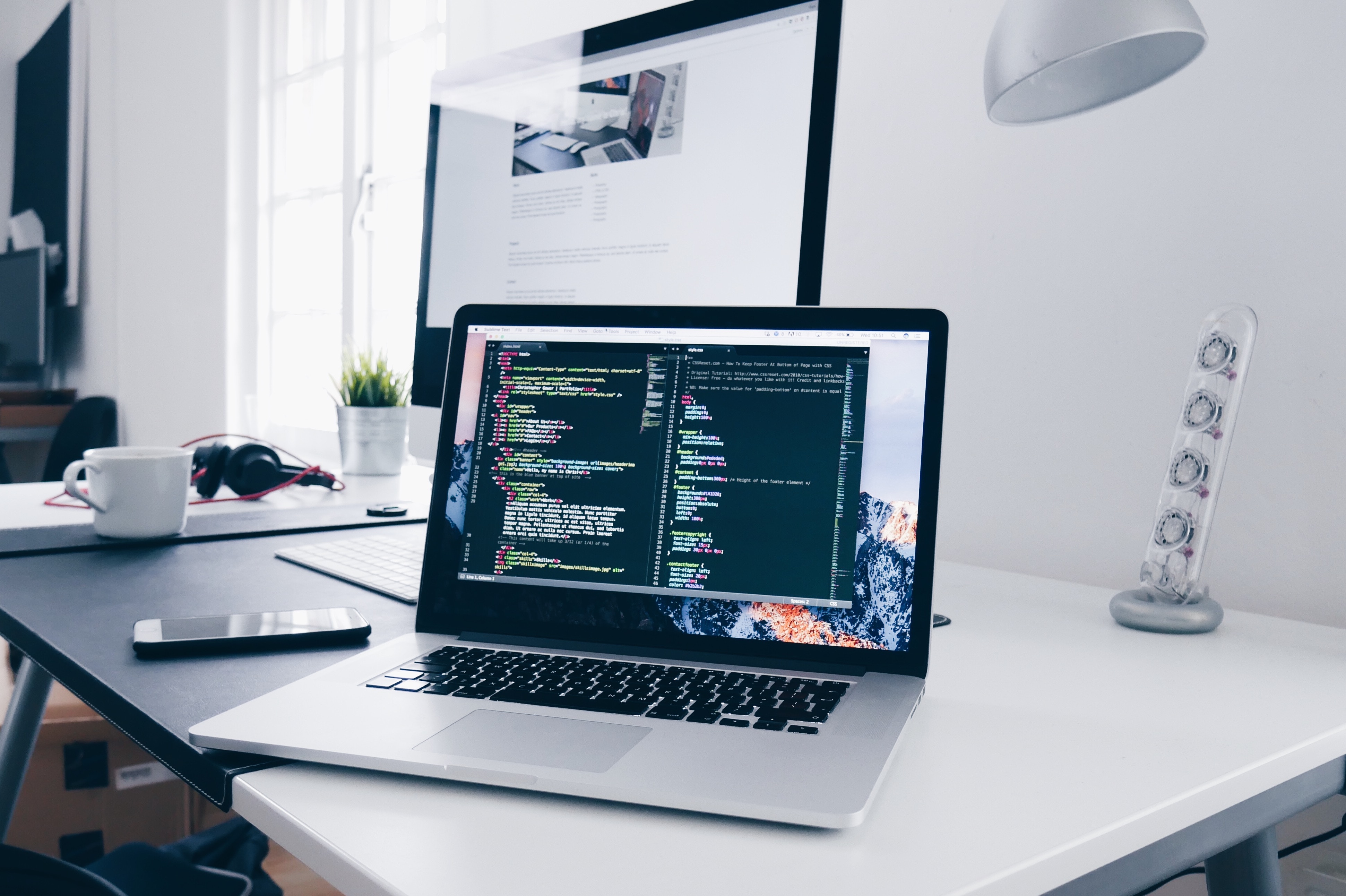
Do you have a lot of remote workers in your company?
If the answer’s yes, you’ll find you aren’t alone. In fact, there’s more people working remotely and out of the office than ever before! This offers a lot of benefits for the company and it can also create a great working environment for a lot of people.

It’s often seen as a way that you’re not stuck in the office from nine to five during the week and you can work when it suits you. But, don’t be fooled – this doesn’t mean working remotely isn’t short of challenges!
One of these challenges is definitely IT security and the dangers that are lurking out there for sensitive information and electronic devices. Of course, a lot of people don’t realize the dangers of IT security when they work remotely or are traveling for business until it’s too late.
Just because you aren’t in the office, doesn’t mean you aren’t responsible for company information. The truth is, you’re just as responsible and have the same duty of care as other employees based in the office.
Every organization in the world has IT security and cyber defense strategies to avoid sabotage from external threats. It’s important for remote workers to do the same.
Risks and Consequences
This is all about how all kinds of companies have suffered information security breaches and opens up your eyes to the risks you face as a remote worker.
Businesses can suffer from reputational damage and have important information stolen, as well as big financial costs. But, a lot of breaches are actually caused by human error and when you’re working remotely or traveling, this threat can increase.
Of course, there’s other risks that apply when you’re out of the office, such as losing a mobile device, someone looking over your shoulder to steal personal information and not having good enough security protection, such as firewalls and anti-malware software.
There’s even insecure wi-fi hotspots in public spaces opening up the floor to hackers getting into your data.
Minimizing Hazards
It’s important to treat company data and any property the same way as if you’re working in the office to minimize hazards. Be vigilant to ensure you don’t leave your devices anywhere or someone isn’t looking at your information.
Other ways to minimize hazards include hiding your devices when you’re out of the house, use a lock screen and creating passwords. Plus, don’t mix personal stuff with business devices.
For electronic risks, avoid using public Wi-Fi when you’re accessing sensitive information - only use trusted networks and private browsing. It’s all about looking out for scams.
You can also encrypt your files, use up-to-date virus protection and make sure you’re backing up your data on a regular basis.
Solutions and Backing Up
Backing up your information is very important. This means making copies of your computer data onto other storage devices, so it can be used if your device is affected by malware or viruses, or even stolen.
This means you don’t lose data – you can restore it. Remote workers are responsible for doing this and making sure everything’s protected. Otherwise, you risk losing critical data for your company, as well as facing legal and regulatory penalties for your actions.
Backups don’t take long. Know what data should be backed up and schedule backups to take place. Try not to use thumb drives since they’re easily misplaced. You can even put on a password or use encryption for extra security.
Don’t forget to test backups every six months!
Passwords
Having a strong password can preventing hacking. It shouldn’t be obvious words or names – it’s got to be something that’s not recognizable.
Secure passwords should have eight or more characters, upper and lower-case letters, numbers and symbols. You can even use two-factor authentication to confirms your identity.
Why is an IT security course for remote workers important?
Everyone needs protection from security threats, but this is especially true for those that have access to sensitive company data.
Arguably, remote workers are the employees most at risk from attacks because they use their own electronic devices, without the protection offered in the office.
This means it’s crucial to learn all about how you can avoid cyber risks and which courses can help prevent damage to your company. By knowing how to protect your computer and data from attacks, you can become less vulnerable.
With a few simple steps, everyone can enjoy the benefits of working remotely again and feel confident that they’re protected from any kind of threat!





